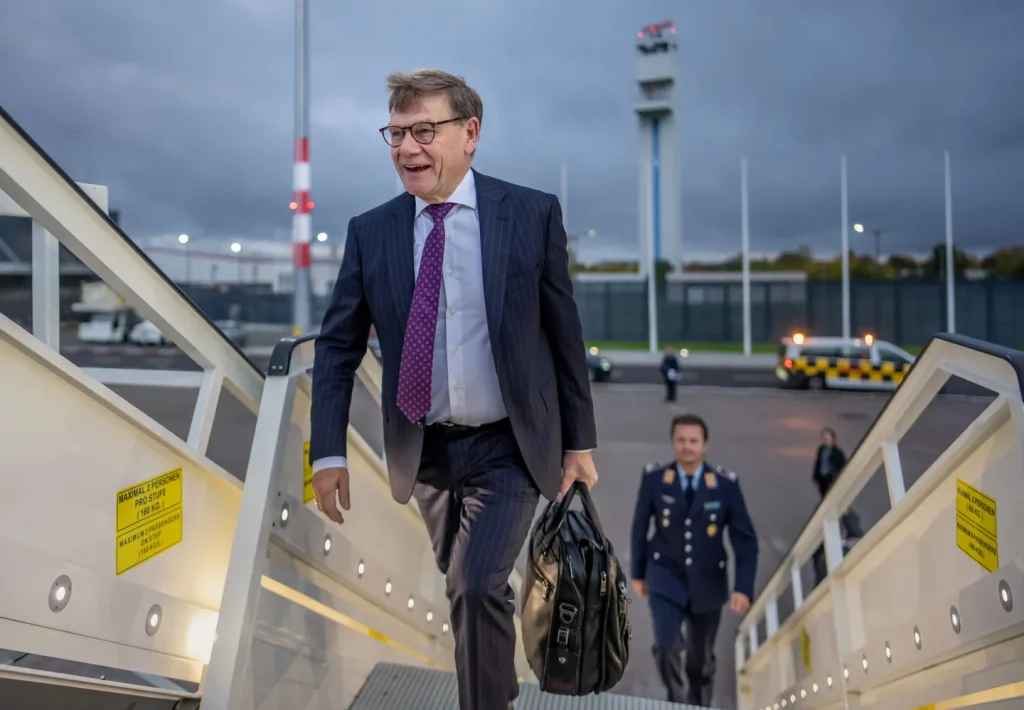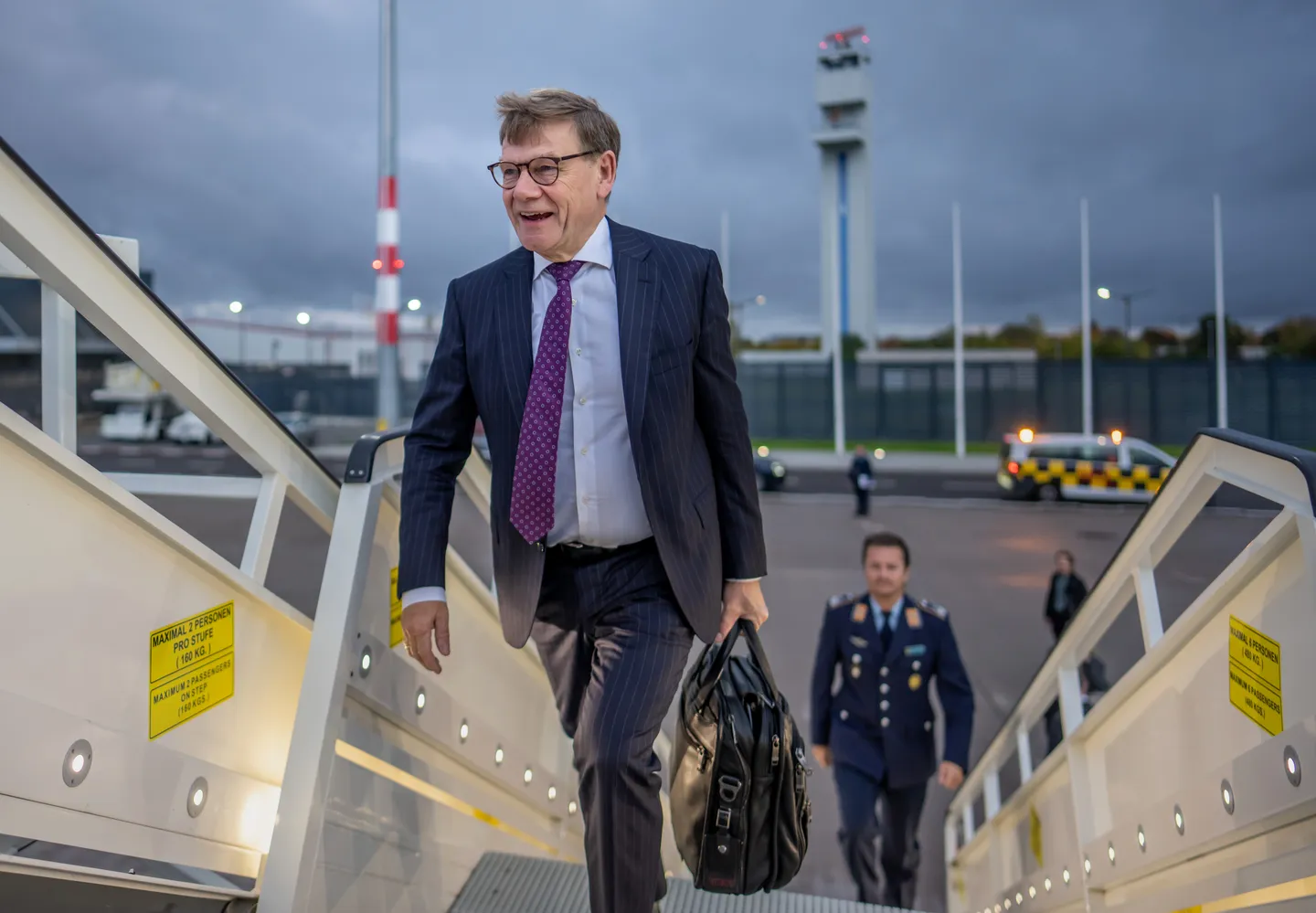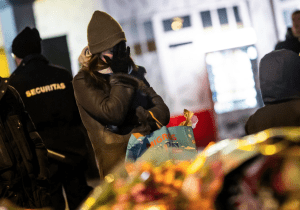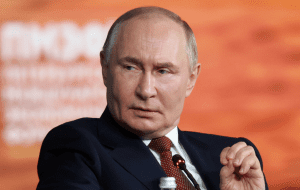German Foreign Minister Johann Wadephul says the upcoming Budapest summit between Donald Trump and Vladimir Putin represents a fresh opportunity for Russia to engage seriously with Ukraine peace negotiations, following the failed Alaska talks.

Germany Calls for Real Dialogue
German Foreign Minister Johann Wadephul has described the planned Budapest talks between US President Donald Trump and Russian President Vladimir Putin as a “new chance” for Moscow to take peace negotiations with Ukraine seriously.
Speaking during an official visit to Türkiye on Friday, Wadephul said the upcoming summit marks the second major attempt to get Putin to the negotiating table since the Alaska talks, which ended without tangible progress.
“I see the talks in Budapest as a second attempt, after the talks in Alaska, to convince Putin at last to negotiate seriously with Ukraine,” Wadephul told reporters.
He emphasized that Germany stands fully behind Ukraine, saying: “Ukraine will insist on this, and it will have the full support of Germany in doing so.”
Budapest: The Next Stage in Trump’s Diplomatic Push
The Budapest meeting is shaping up to be a crucial test of Trump’s evolving foreign policy strategy, which has recently shifted toward active diplomatic engagement after months of unpredictability.
Following the Gaza ceasefire deal that the US president brokered last week, Washington insiders say Trump now hopes to replicate that success on the European front, aiming for what he calls a “long-term solution” to the Ukraine conflict.
However, scepticism remains high in Berlin, Brussels, and Kyiv, where officials fear that Trump’s focus on quick diplomatic victories could come at Ukraine’s expense.
Zelenskyy Seeks Stronger US Backing
Before the Budapest summit, Ukrainian President Volodymyr Zelenskyy is scheduled to meet Trump at the White House. His visit, the third since Trump’s return to office, comes amid a turbulent relationship between the two leaders.
Their previous encounters included a heated televised argument in February and a conciliatory follow-up meeting in August, reflecting the volatile nature of Trump’s Ukraine policy.
Zelenskyy’s current trip has a clear agenda: securing US-made Tomahawk cruise missiles capable of striking targets deep inside Russian territory. Kyiv sees these weapons as vital to rebalancing the battlefield ahead of winter.
Yet Trump’s attention appears fixed on diplomacy, not escalation. According to White House sources, the president wants to enter the Budapest talks with a credible peace initiative, hoping to persuade Putin that continued warfare serves neither side’s interests.
A Diplomatic Gamble
While the German government cautiously supports Washington’s peace efforts, Wadephul made it clear that Europe expects results, not symbolic gestures. “We cannot afford another round of talks that lead nowhere,” one senior German official told reporters.
Analysts in Berlin and Brussels warn that Putin may use the Budapest meeting to project a false image of cooperation while continuing his hybrid warfare tactics across Europe — including cyberattacks, propaganda campaigns, and drone incursions recently detected in Germany and Poland.
Still, the hope remains that Budapest could serve as the turning point for genuine negotiations — if Putin engages in good faith and Trump maintains diplomatic pressure.
The Stakes for Europe
For Germany and its allies, the Budapest summit is more than another round of diplomatic theatre. It’s a chance to test whether Putin’s regime is willing to end a war that has devastated Ukraine and destabilized the entire European continent.
With Trump seeking another foreign policy victory and Putin facing mounting economic strain, the stage is set for high-stakes diplomacy that could redefine East-West relations heading into 2026.
As Wadephul concluded: “The door to peace is open once again. The question is whether Russia will walk through it.”














Comments are closed.